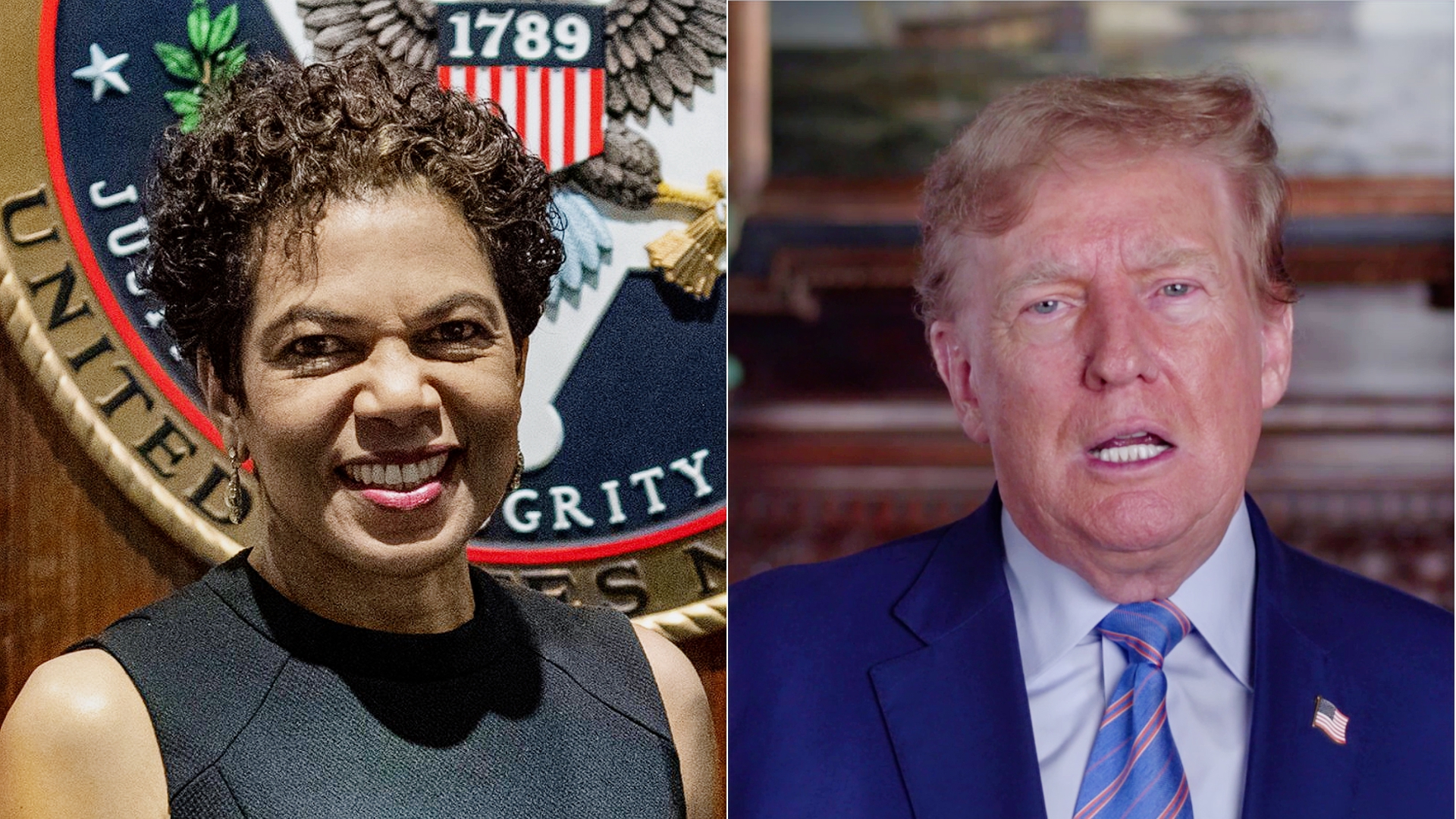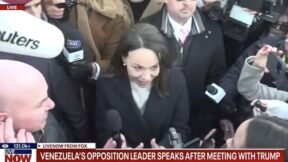DENIED: Judge Torpedoes Trump Demand For Alleged ‘Missing Materials’ From Jan. 6 As ‘Fishing Expedition’

Federal District Judge Tanya Chutkan shot down former President Donald Trump’s demand for what his legal team claims are “missing materials” from the January 6 investigation, calling it a “fishing expedition.”
Judge Chutkan is presiding in the election crimes case against Trump brought by Special Counsel Jack Smith, and issued an order Friday in which she denied Trump’s motion to subpoena a raft of individuals and entities to obtain “missing records” from the House Select Committee Investigating the Jan. 6 Attack on the Capitol investigation.
Trump’s motion sought to subpoena seven people for the “missing records”:
- The Archivist of the United States at the National Archives and Records Administration (NARA)
- The Clerk of the House of Representatives
- The current Committee on House Administration, which is the successor entity to the January 6 Select Committee
- Richard Sauber, the Special Counsel to the President
- Johnathan Meyer, the General Counsel of the Department of Homeland Security
- Representative Barry Loudermilk, U.S. House of Representatives
- Representative Bennie Thompson, U.S. House of Representatives
In her order denying Trump’s motion, Judge Chutkan outlined the ways in which Trump “failed to meet the burden” required for such a motion to succeed, and in her conclusion, called it a “fishing expedition”:
Defendant likewise fails to meet his burden for the remaining five categories of records that he seeks. Those categories cover documents and communications “in any way pertaining to the Missing Materials,” including their storage, loss, or transfer. See Motion at 5; id. at 8–9. Defendant does not state with any specificity the information that he seeks in those records, repeating only that it is important and related to the events and people associated with the Select Committee’s work and therefore the January 6, 2021 attack. Id. at 9–11. The broad scope of the records that Defendant seeks, and his vague description of their potential relevance, resemble less “a good faith effort to obtain identified evidence” than they do “a general ‘fishing expedition’ that attempts to use the [Rule 17(c) subpoena] as a discovery device.” United States v. Binh Tang Vo, 78 F. Supp. 3d 171, 180 (D.D.C. 2015) (quoting Cuthbertson, 630 F.2d at 144); see also id. at 181. “[I]f the moving party cannot reasonably specify the information contained or believed to be contained in the documents sought but merely hopes that something useful will turn up, this is a sure sign that the subpoena is being misused.” Libby, 432 F. Supp. 2d at 31 (quoting United States v. Noriega, 764 F. Supp. 1480, 1493 (S.D. Fla. 1991)). Defendant has not justified the issuance of a Rule 17(c) subpoena for the five additional categories of records related to the “Missing Materials.”
In a footnote, Judge Chutkan added:
The Government argues that the video recordings are categorically irrelevant at this time because (1) the written transcripts render them “superfluous,” and (2) that seeking them before the exchange of witness lists would be “at best, premature.” Opp’n to Motion at 7. Because Defendant has failed to satisfy his initial burden, however, the court need not reach those two arguments.
The judge concluded by writing “For these reasons, the court hereby DENIES Defendant’s Motion for Pretrial Rule 17(c) Subpoenas, ECF No. 99.”





Comments
↓ Scroll down for comments ↓